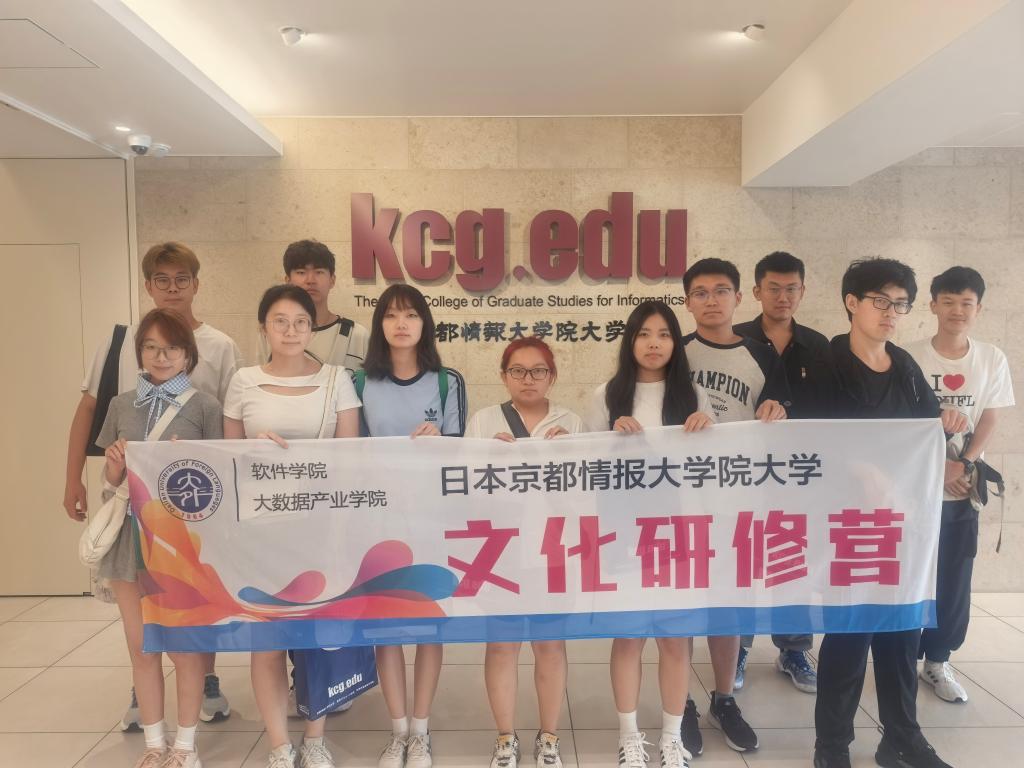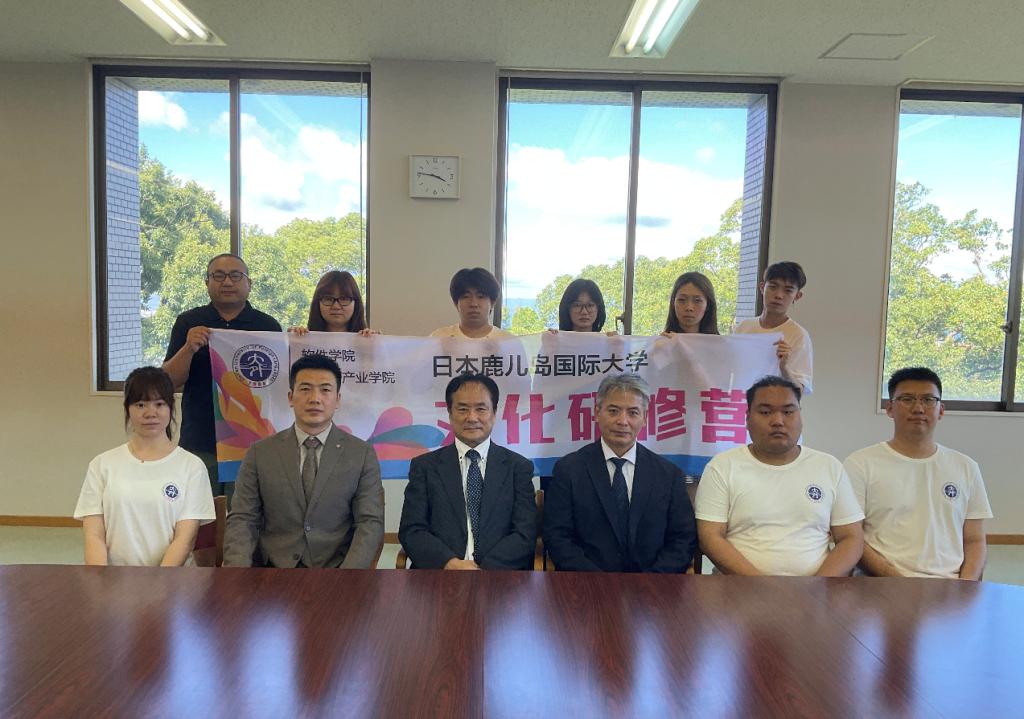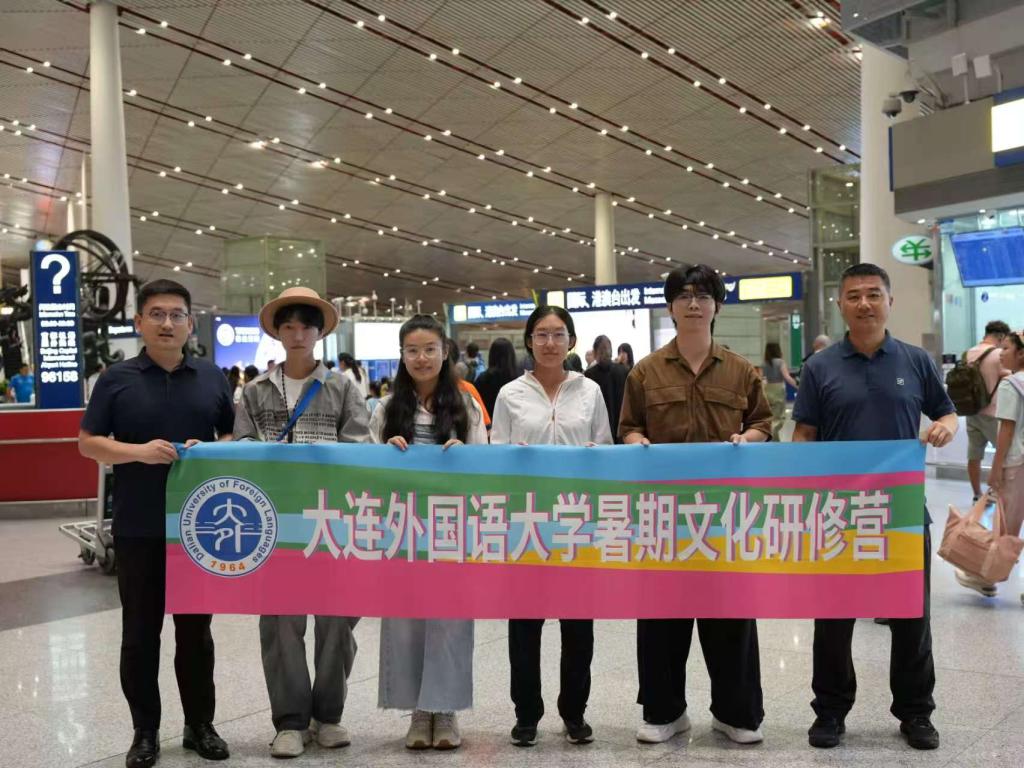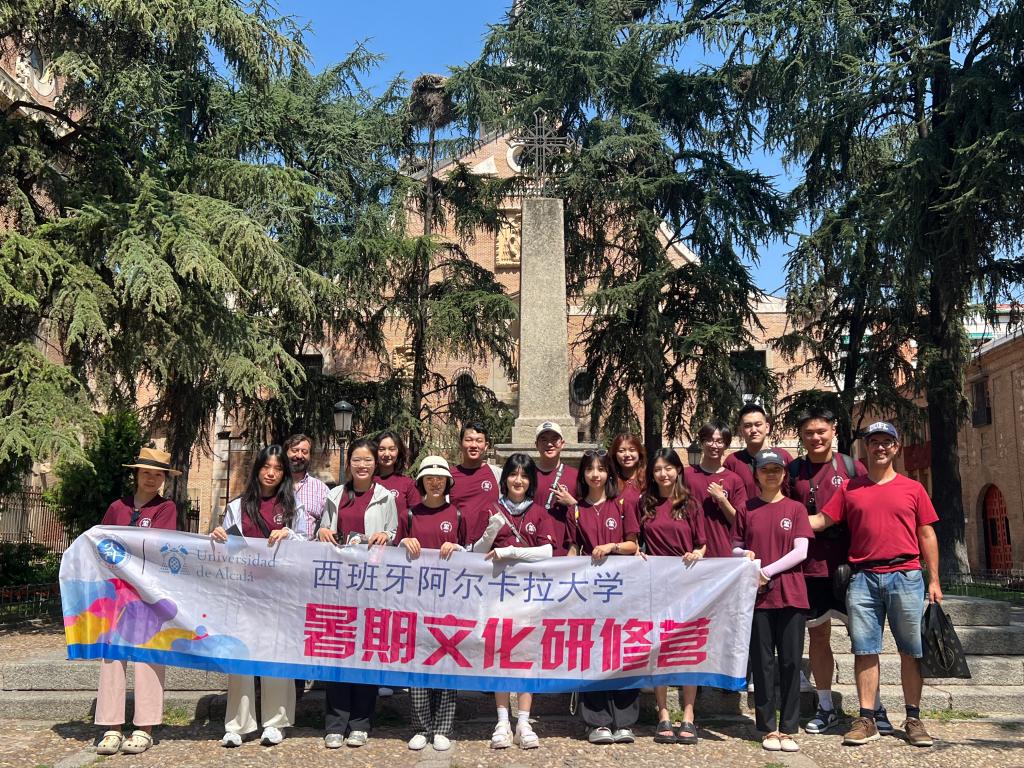During the summer vacation, the university dispatched four delegations consisting of 5 leading teachers and 39 students to the United Kingdom and Japan for visits, short-term study programs, and summer camp activities.




From July 26 to July 31, Liang Ruobing, Party Secretary of the English College, and Wang Ke, Dean of the Software College, visited Swansea University in the UK. They also led a delegation of 8 teachers and students to participate in a summer cultural study camp at Swansea University. As a prestigious long-established British institution, Swansea University is renowned for developing the world’s first supersonic car and independently possessing the world’s fastest and largest research computer, “Blue C.” This visit aimed to deepen substantive cooperation between the two universities in areas such as cross-cultural communication teaching, the cultivation of international talents in software engineering, and professional curriculum collaboration, while also broadening students’ international perspectives and cultural awareness.
From July 15 to July 22, Liu Xiaoliang, a counselor from the Software College, led a group of 8 students to Kagoshima International University in Japan for a study summer camp. From July 15 to July 26, Liu Shuai, another counselor from the Software College, led a delegation of 12 students to the Kyoto College of Graduate Studies for Informatics in Japan for a summer study program. From August 3 to August 15, Guo Haitao, a counselor from the European Languages College, led a group of 16 students to the University of Alcalá in Spain to participate in a summer camp.
For many years, the university has followed the national “Going Global” strategy, adhering to the global development direction of higher education. By fully utilizing its international exchange and overseas cooperation resources, the university sends numerous teachers and students abroad each year to visit, study, conduct research, participate in summer and winter camps, and engage in internships and training. These efforts continuously strengthen cooperation and exchange with world-class universities, enhance the multicultural understanding of teachers and students, and improve students’ language practice abilities. In the future, the university will continue to systematically plan and holistically advance international exchanges, fully mobilize various resources, create more achievements in international cooperation, better address the challenges in the international development of higher education, expand cooperative education with more universities in more countries, and further promote the “Going Global” initiative for all faculty and students. (By Hu Yue)